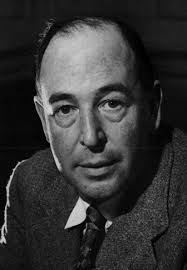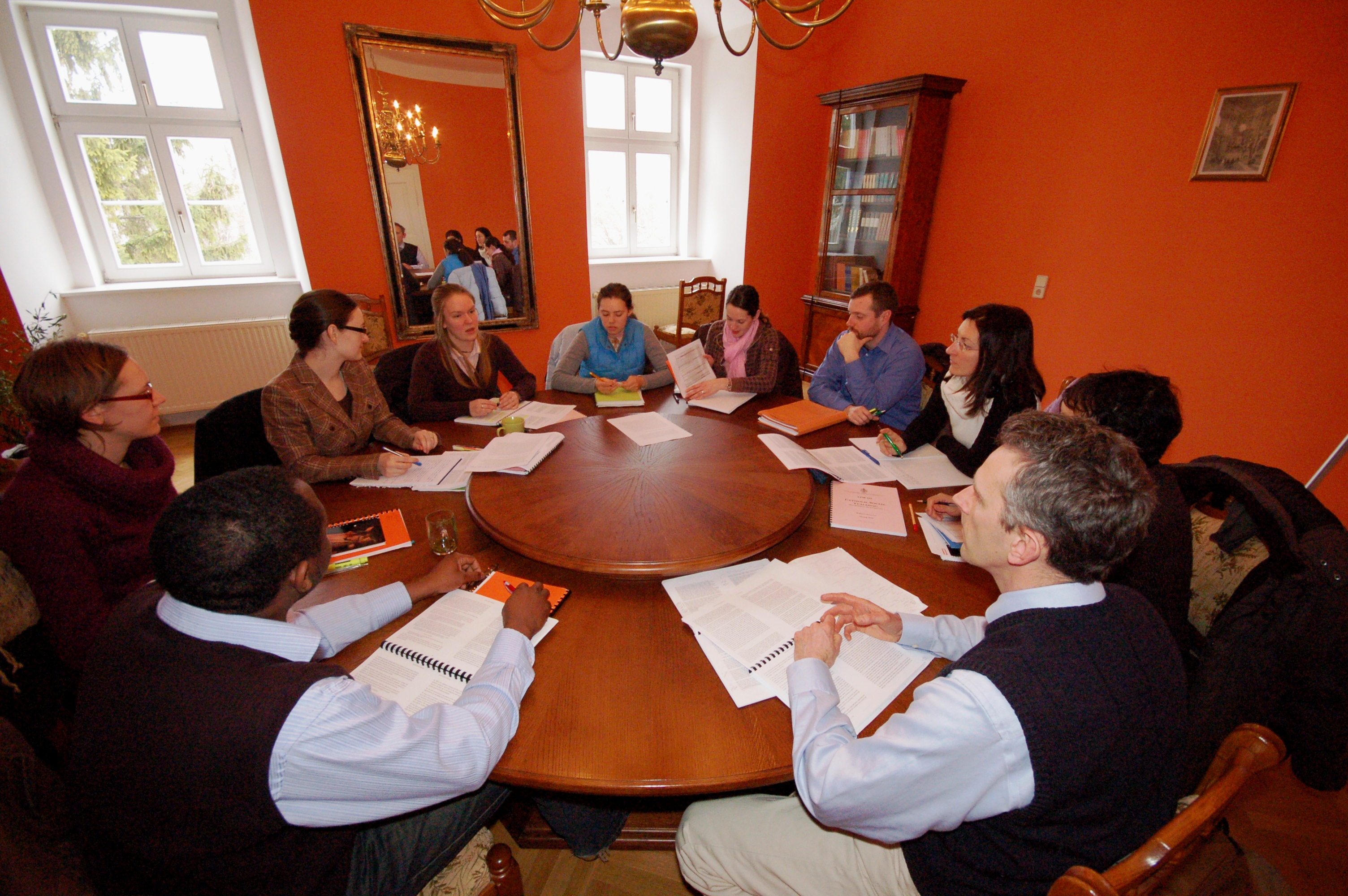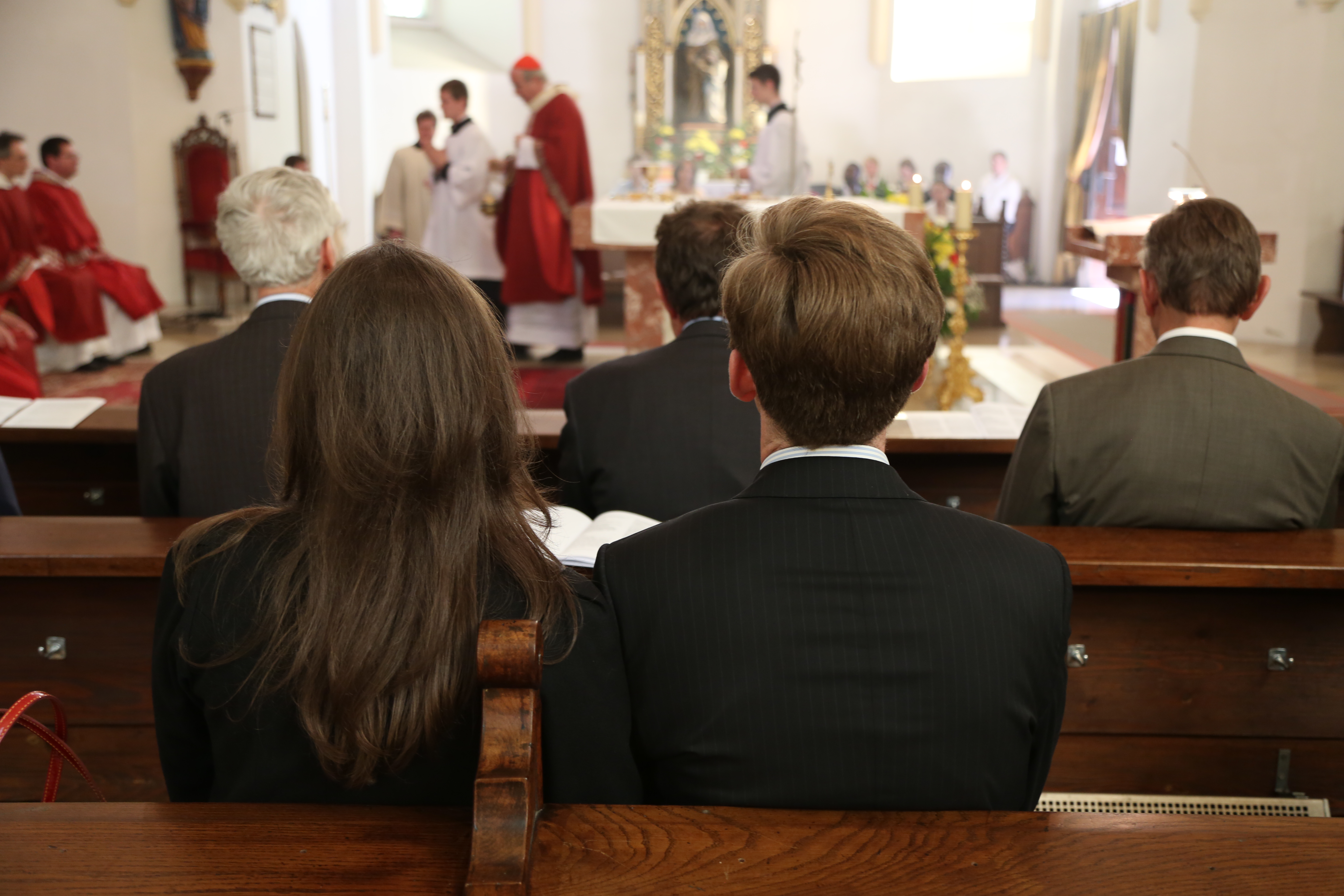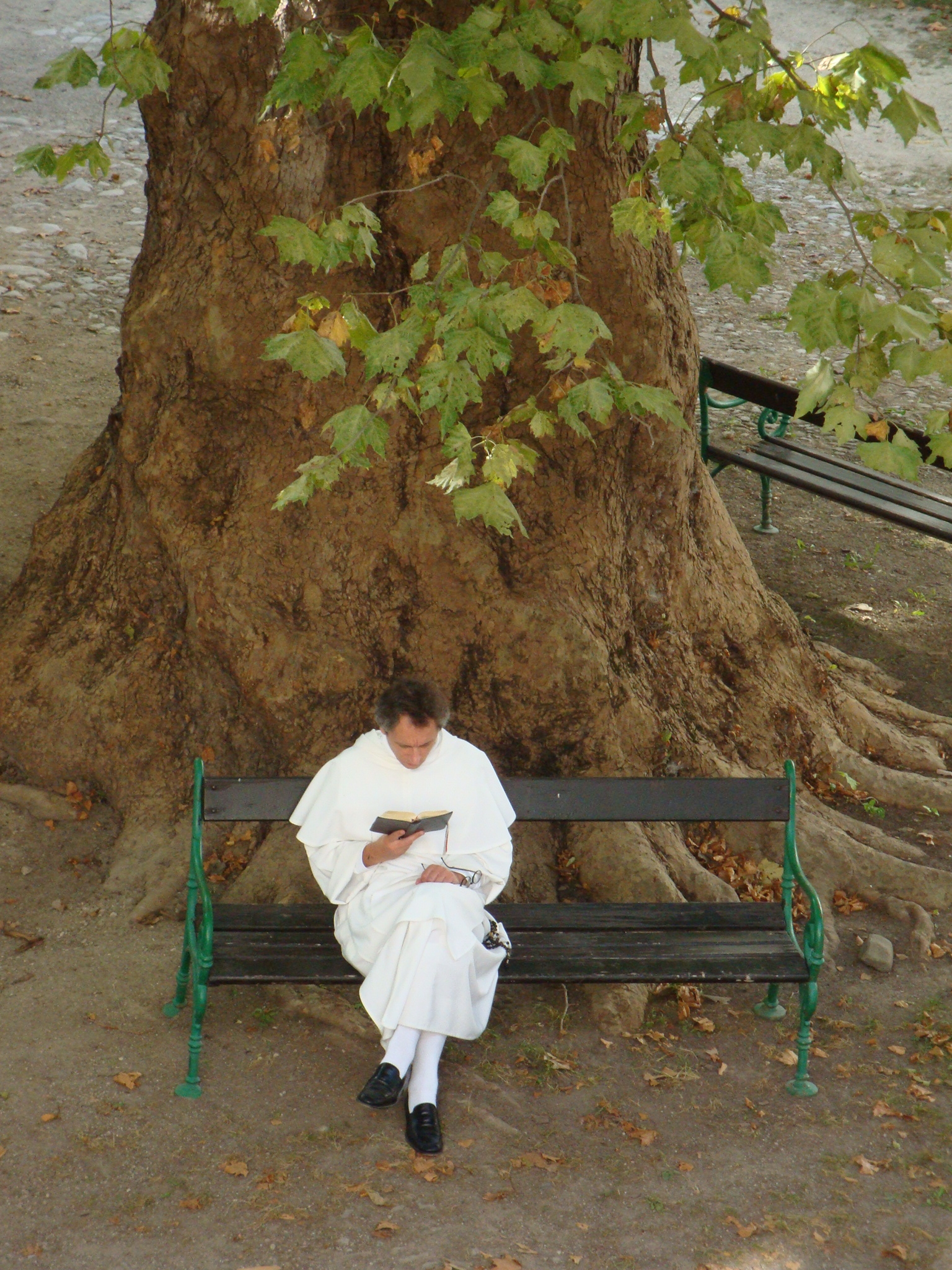Reflections of a Student from the Studium Generale Program
The International Theological Institute, located in the quaint metropolis of Trumau, Austia, where the wise meet the wiser, foreign mingles with familiar, and, above all, where the creature encounters the Creator in a new and real way more and more each day. Sounds a bit fantastical, huh? Well, it could be because I am inclined to lean a bit on the dramatic side of the personality spectrum; nevertheless, I think I still stand justified in my somewhat idyllic description of my current locale.
It’s worth a chuckle to me now when I think back to when I first heard from a current ITI student about the Studium Generale program, and to recall my initial reaction of laughing it away as an impossibility. There were several factors that attributed to my hesitation: International (far from all things familiar in America. I admit it, I’m a wimp), Theological (am I really up for something like that? I mean, what if the people are so smart you can’t even hold a coherent conversation with them? You just never know.), Institute (that just sounds scary? Yeah, I got nothing). To this day I still can’t pinpoint what it was exactly that changed my mind. I suppose it was the fact that although I doubted its actualization, I never dismissed it entirely, which is key for hearing what God wants us to do, right? Welp, again, God had a much more exciting plan in mind and. . .Tadah!. . .here I am! (queue applause) And what a tremendous blessing coming here has been for me!

In the end, I decided to come for the Studium Generale program for personal enrichment. It’s not a degree program, so that’s rather the point of the course, I believe. The year thus far has been filled with classes ranging from philosophy, economics, anthropology, and scripture (just to name a few), a rich community life (I’m constantly surrounded by accents…oh, sweet bliss!), and travels! One of the unique things worth noting is that the community is comprised not only of students my age, but also of families with young children, as well as religious and priests. This aspect is such a wonderful addition to the campus. It is the full life of the Church in all her vocations.
Speaking of the life of the Church, I can’t leave out the strong spiritual life offered me here. Daily Mass is offered in the Novus Ordo form (English or German), the Extraordinary Form, or the Byzantine Liturgy (which I have fallen in love with!). All of these options. Everyday. Don’t forget about adoration and rosary every day, then Akathist and confessions every week. Can life get any better? I submit that it cannot!

Then, to add adventure to bliss, let’s take a moment to recall that I’m in Austria. European travels just became extremely more realistic. Within a three month period, I’ve already had the opportunity to travel to Rome, Venice, Bratislava, and, of course, Vienna. Heck, I don’t have to go farther that the mundane streets of seemingly insignificant Trumau to be enchanted! There’s just something about experiencing —no, living—in another culture and continent that serves to enlarge your entire world-view perspective.
Basically, add these three elements together, classes, international community, and a rich liturgical life, and what else can I do but recommend American Airlines? Really. I can’t say it enough: God is good!



